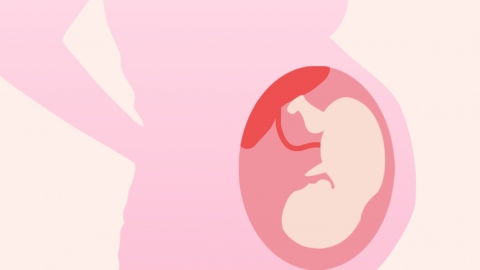What are the symptoms of excessive heavy metals in pregnant women?
Excessive heavy metals in pregnant women can affect both their own and fetal health, typically manifesting as digestive system discomfort, neurological abnormalities, skin and mucous membrane problems, fatigue, and bone or muscle pain. The details are as follows:

1. Digestive system discomfort: Heavy metals may irritate the gastrointestinal mucosa, leading to symptoms such as nausea, vomiting, abdominal pain, and diarrhea in pregnant women. Some may also experience reduced appetite, which over time could impair nutritional intake and indirectly affect fetal development.
2. Neurological abnormalities: Heavy metals may damage the nervous system, causing dizziness, headaches, and difficulty concentrating in pregnant women. In severe cases, numbness in limbs or slowed reactions may occur, negatively affecting daily activities and overall pregnancy well-being.
3. Skin and mucous membrane problems: Certain heavy metals can trigger skin reactions, resulting in itching, rashes, dryness, and flaking in pregnant women. Oral mucosa may develop ulcers or inflammation, increasing physical discomfort.
4. Fatigue and weakness: Accumulation of heavy metals in the body consumes energy and disrupts metabolic functions, causing persistent fatigue in pregnant women that is difficult to relieve even after rest, thereby reducing quality of life during pregnancy.
5. Bone and muscle pain: Some heavy metals interfere with calcium absorption and metabolism, compromising bone health and leading to joint pain and muscle aches in pregnant women. Pain may worsen with movement, limiting physical mobility.
Pregnant women experiencing any of the above symptoms should promptly visit a hospital for heavy metal testing to identify the type and extent of exposure. It is important to avoid contact with heavy metal-containing substances in daily life, maintain dietary hygiene, choose safe food sources, and minimize heavy metal intake.






